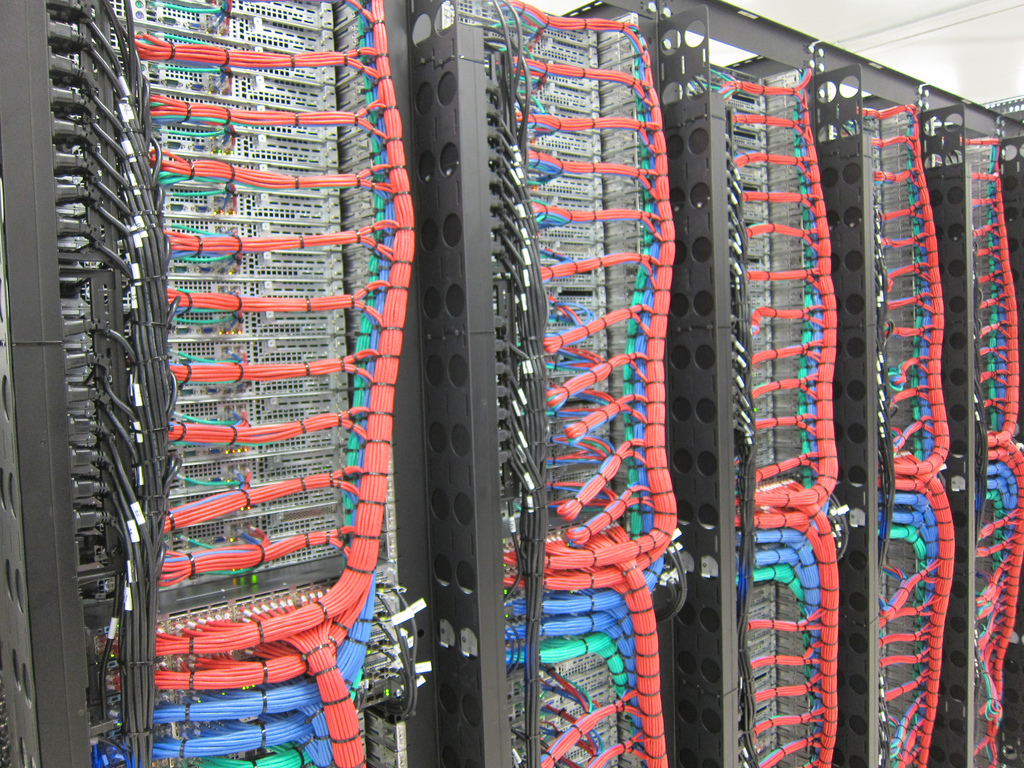and can even use as live environment, don’t even need to install (in Windows this is not easy to do)
Not true, Rufus creates bootable and persistent USB flash drives with one checkbox. You can do it manually also.
I was trying to illustrate a point, you may have your distro, your packages and what think you need, but if we’re talking about post-apocalyptic you’ll probably need other stuff and at that point you have windows computers and windows software installed or installers available pretty much everywhere starting with your next door neighbor and with Linux not so much.
















I wouldn’t. Those kinds of maps are very powerful, they provide accurate and constantly updated information from millions of users.